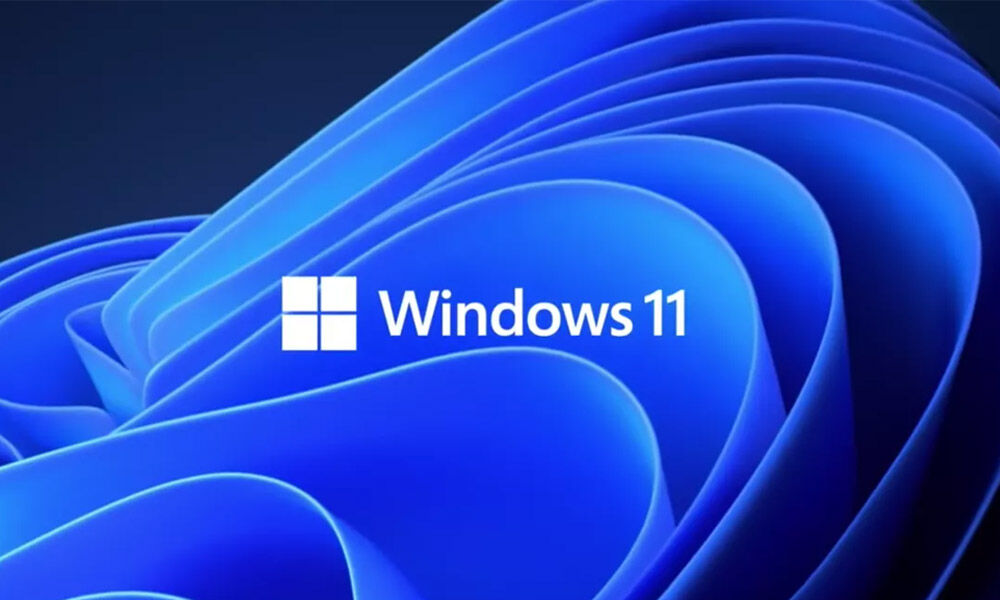Analyst firm says new OS doesn't offer much to biz, so doesn't warrant rapid upgrade
Analyst firm Gartner has advised its customers what to do about Windows 11: get familiar with it and plan for eventual adoption, but don't rush to implement.
In advice titled "Positioning Windows 11 and Preparing to Deploy", Gartner research vice president Stephen Kleynhans assesses the new OS as offering an "overdue facelift" and praises new features such as the new Microsoft Store, Android app support, and ditching Internet Explorer.
But Kleynhans also opined "All of these capabilities could have been released as just another feature update for Windows 10".
The new name, he suggests, is about creating buzz rather than marking important change. By calling it Windows 11, he opines, Microsoft “has created a marketing opportunity for the PC ecosystem.
"A new OS version acts as a rallying point for the industry – something that has been missing since Windows 10 launched six years ago."
Turning Windows up to 11 also found approval from Kleynhans because he feels "the move to the Windows-as-a-service model with Windows 10 had left the question of support for outdated hardware somewhat unclear and arbitrary".
Renaming Windows – even if the upgrade isn't worthy of a new moniker – means Microsoft gained "an opportunity to establish a new more modern baseline and limit this legacy burden, without impacting existing Windows 10 users".
Kleynhans rates Windows 11's most significant change as its new cadence of annual feature updates, compared to Windows 10's twice-yearly releases. "This model more closely matches what most enterprises are effectively doing with Windows 10 feature updates today," he wrote.
The analyst doesn't think you need to rush into Windows 11.
Kleynhans recommends just two immediate actions for business. One is creation of a timeline for evaluation of and migration to Windows 11, with testing to start in the first half of 2022. The other is to conduct limited tests among folk in your IT and ops teams.
"Enterprises should run small pilots in 2022 using the initial Windows 11 21H2 release, to develop familiarity with the new UX and understand potential user and support impact," he suggests.
If you're not already using unified endpoint management, the analyst suggests adopting it should be on your short-term to-do list, too. It'll be needed to manage Windows 11.
"Once the 22H2 update ships, begin serious evaluation using the same tools and processes used for Windows 10 feature updates," he adds.
Kleynhans doesn't expect rapid mass adoption.
"By early 2023, less than ten per cent of new enterprise PCs will be deployed with Windows 11," he suggests. ®
- Karlston
-

 1
1



Recommended Comments
There are no comments to display.
Join the conversation
You can post now and register later. If you have an account, sign in now to post with your account.
Note: Your post will require moderator approval before it will be visible.